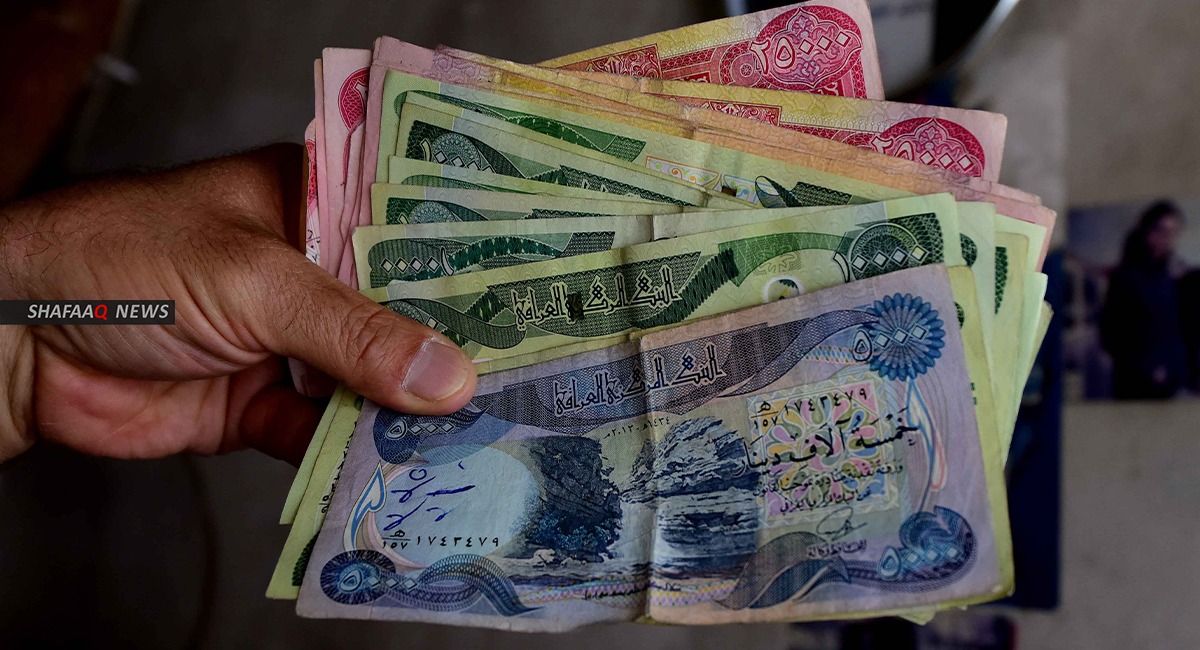Cash hoarding in Iraq hits record high despite inflation: institute

Shafaq News/ Iraqi cash hoarding soared to a record 93 trillion dinars in 2023, a report by the "Future of Iraq" Institute for Economic Studies has suggested.
The report, published on Sunday, revealed a surge in cash circulation, jumping from 78 trillion dinars at the beginning of 2022 to over 102 trillion by year-end. This represents a 9.24% year-on-year increase and a 20% jump from 2021.
Cash held outside the banking system also saw a significant rise, climbing by 30% from 2022 to 2023, marking the highest level ever recorded in Iraq's banking history.
Data from the Ministry of Planning estimates Iraq's population in 2023 at 43 million, with 60% over the age of 15. This translates to approximately 26 million Iraqi adults. Based on information from the Ministry of Labor, which indicates that around 14 million individuals receive social care, the report suggests roughly 12 million Iraqi adults are not covered by the program.
Analyzing data from the Ministries of Labor, Planning, and the Central Bank of Iraq, the report estimates the average cash hoard for each of the 12 million Iraqi adults not receiving social care to be around 7.2 million dinars; nearly doubling since 2019, when the average cash stash recorded four million dinars.
Assuming an average household contains at least two adults who are not covered by social care, the average cash hoard per household increases to 15 million dinars, up from 8.12 million dinars in 2019.
The report highlights that, based on these official figures, each Iraqi over 15 who does not receive social care has managed to increase their cash hoard by 1.2 million dinars between 2022 and 2023. This comes despite the depreciation of the dinar against the dollar in the local market and rising inflation.
Cash hoarding is defined as the value of money kept outside the banking system, not invested or used to purchase assets, and solely held in Iraqi dinars. The data estimated that 22 trillion dinars are currently stashed by Iraqi adults not covered by social care.
The report acknowledged the many limitations of this analysis but argued that those figures still apply at a collective level given that the Central Bank has pumped 24 trillion dinars into the market in the past two years.





